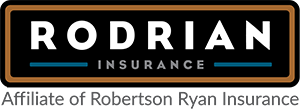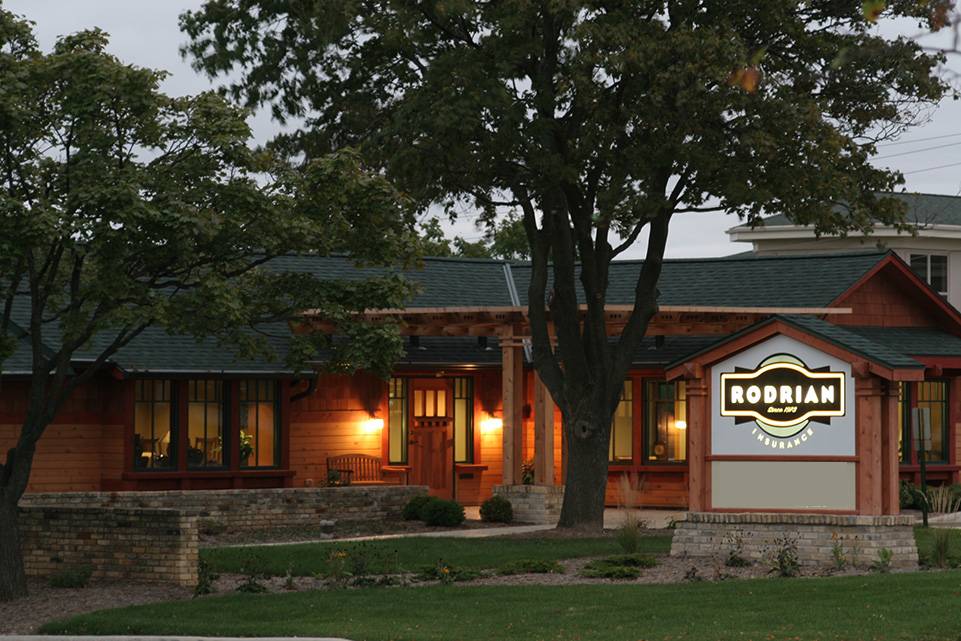Choosing the best insurance for your business is a complicated process that can hinder you if you do not make the best choice. Of course, you cannot prevent all risks despite your best efforts and intentions. It is necessary to purchase business insurance to protect the company and its assets from legal consequences and potential liabilities.
But it can be challenging for business owners to determine which insurance policies are appropriate for their needs. Purchasing insurance is often a time-consuming and complicated process if you already know what you need to get. But it is even more complex when navigating through the myriad options available.
Choosing The Right Insurance For Your Business
So how does an owner ensure that they have the right kind of insurance for their business-specific needs? An excellent first step is to understand the different types of policies available and determine how they relate to particular circumstances. Here are some of the most valuable types of insurance for businesses:
Property Insurance
Property insurance is a requisite for most enterprises with physical offices or storefronts. Additionally, it usually protects the business and assets from losses or damages resulting from fire and theft. Coverage usually applies to inventory, office computers, furniture, machinery, tools and equipment, and other business assets.
It may be advisable to add business interruption or loss of income insurance to the standard property insurance policy. It ensures that the owner receives protection from lost revenue due to fires, hurricanes, and other disasters.
General Liability Insurance
General liability insurance is practically synonymous with business liability insurance. It primarily protects policyholders from claims of personal injury and property damage resulting from using the company’s products, services, or facilities.
It is important to note that the term “general” doesn’t necessarily mean that this policy covers all possible risks. Although it does cover a wide range of incidents that could occur at a place of business, it doesn’t apply to worker injuries, auto accidents, or errors and oversights made by employers and employees.
Business Vehicle Insurance
These insurance policies cover company vehicles used in the performance of official duties. It also covers vehicles hired or leased by the company and personal cars that owners use for official functions. Covered risks typically include theft, flood damage, accidents, and third-party injuries.
Workers’ Compensation Insurance
It covers illnesses or injuries that company employees sustain while performing their official duties. It is similar to how general liability insurance covers injuries that third parties sustain due to using the company’s products, services, or facilities.
When employees file workers’ compensation claims, they can get compensation for the following if the claim is approved: hospital visits, doctors’ appointments, medical tests, prescription medications, and lost salaries.
Product Liability Insurance
Product liability insurance compensates for coverage gaps of general liability. Although general liability covers personal injuries and property damage, they don’t usually protect business owners from claims arising from product failures or malfunctions. Product liability insurance does cover such claims, making it a valuable option for businesses that manufacture, sell, or distribute products.
Professional Liability Insurance
This insurance provides essential coverage for businesses that offer specific services to their customers. It is especially suitable for specialists who may face professional negligence claims, such as real estate agents, doctors, and IT consultants.
Professional liability insurance offers protection from negligence claims filed by clients against the company or the owner. This protection can be invaluable against legal liabilities arising from clerical errors and administrative oversights.
Business Owner’s Policy
Business owners’ policies are also commonly known as “umbrella policies.” They are essentially combination policies that protect business owners against various risk exposures. For instance, they may encompass property insurance, business interruption insurance, and even some types of liability insurance.
Keep in mind. However, business owners’ policies typically don’t cover professional liability or auto insurance. It also doesn’t offer protection for company employees, so it may be necessary to get those coverages as add-ons.
Business owners’ policies suit small businesses because they combine several different insurance options into a single policy. Consequently, they simplify the process of purchasing insurance and save business owners the cost of individual coverages.
Conclusion
Choosing the best insurance for your business entails thoroughly assessing potential risks that the company may face. Many business owners neglect this crucial step and choose from the standard insurance packages available. It is essential to decide what insurance options are most appropriate for the business’s unique needs.




